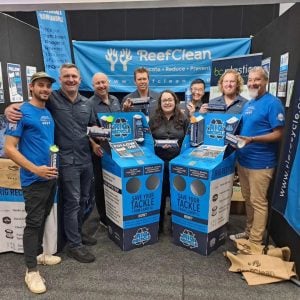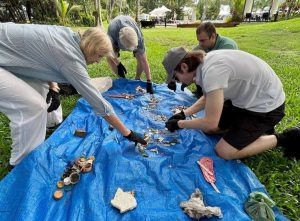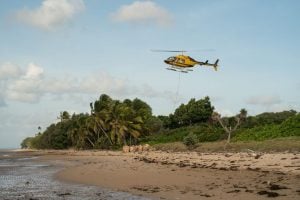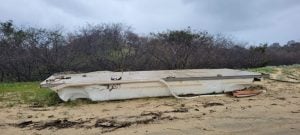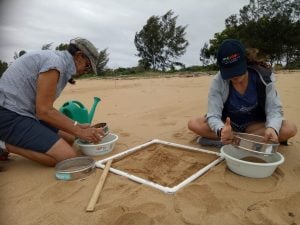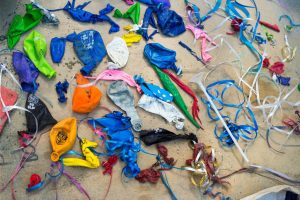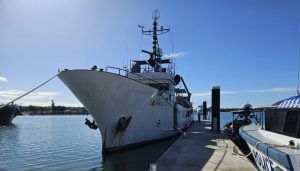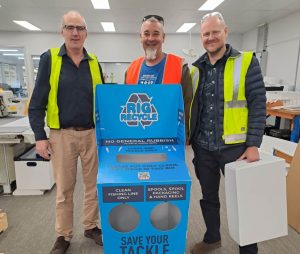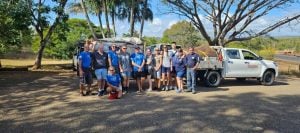
Over 3 Tonnes Removed from Mapoon
Mapoon is situated on the western side of the Gulf of Carpentaria, on the lands and seas of the Tjungundji People, approximately 900km north of Cairns. Mapoon Aboriginal Community is situated on the Southern shores of Port Musgrave which is where the mighty Wenlock River and Ducie Rivers meet and drain into the Indian Ocean. This area is full of diverse wildlife and is a popular nesting site for Flatback, Olive Ridley, and Hawksbill marine turtles and many shorebirds. Unfortunately,

